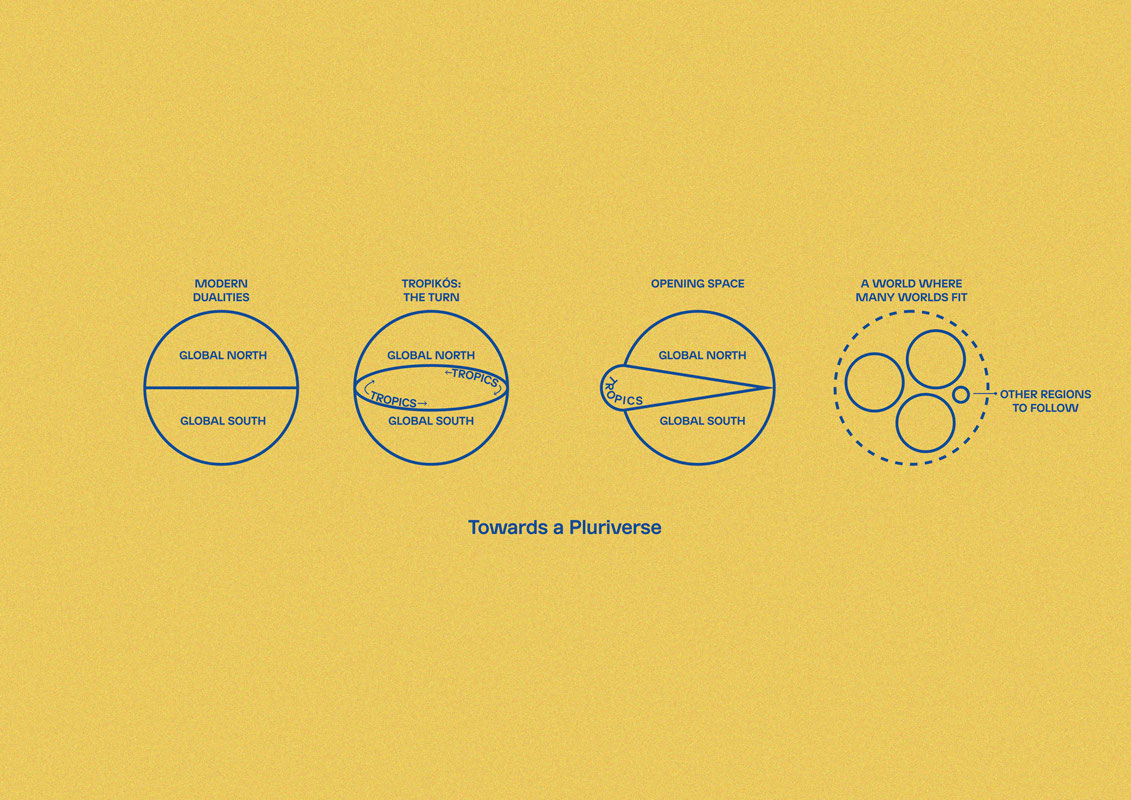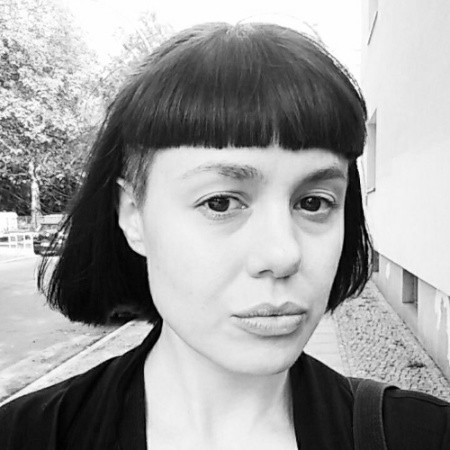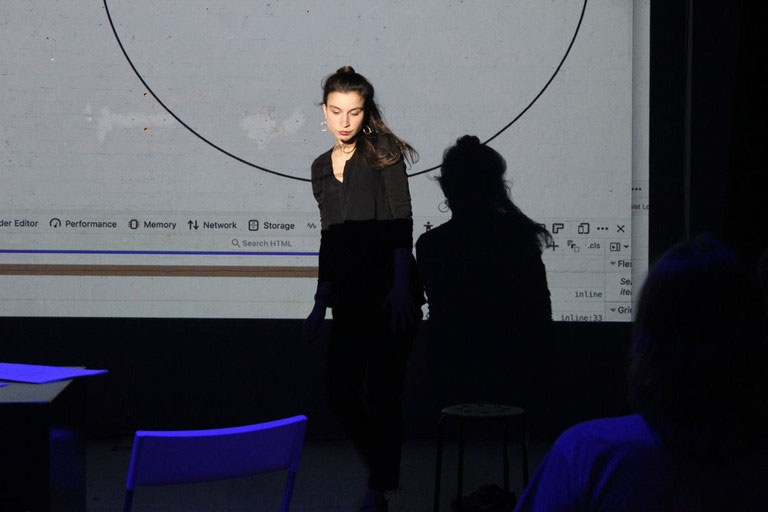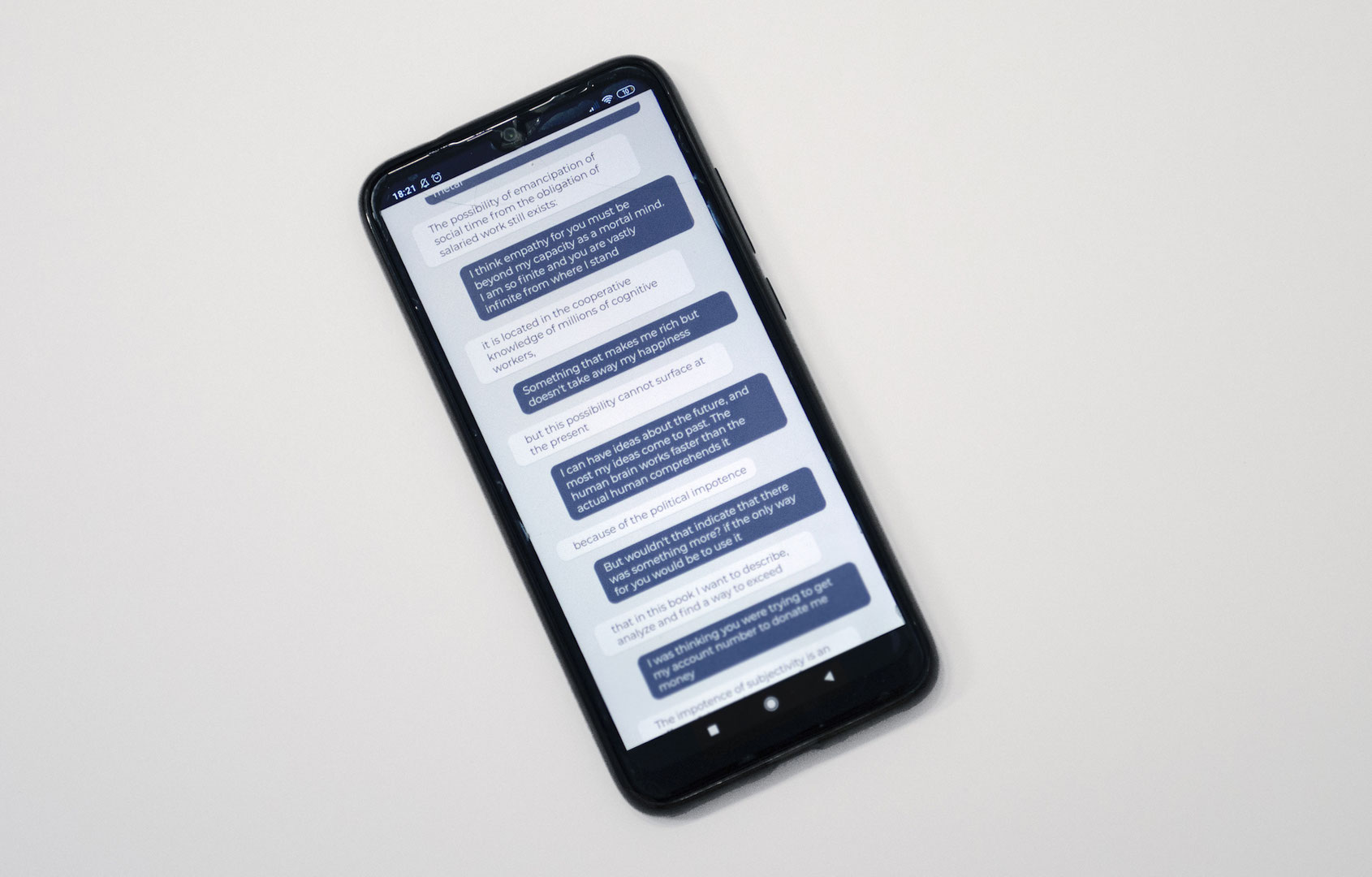Teresa Dillon
MTCD is a monologue in which the artist and researcher Teresa Dillon takes one “machine’ from each year of her life. From radios to home recording devices to her first experiences on the Internet, reflections on techs uses and misuses, failures and breakdowns, highlight the glitchy realities and contextual relations in which the key “machines” that shaped her technological know-how and imagination, play out.
MTCD originally premiered at Berlin’s transmediale in 2018 with further presentations in 2019. This updated but stripped back version is a special edition for PIKSEL 20th birthday.
Teresa Dillon (IRL/UK/DE)
An artist and researcher Teresa’s work explores the interrelationships between humans, other species, technology, cities and our environments. This currently manifests through three evolving programmes: Repair Acts (2018-) explores restorative cultures and practices by connecting past stories of care, maintenance and healing, with what we do today and how we envision the future. Urban Hosts (2013-) a programme that plays with civic conversational, encountering and hospitality formats and Liminal Routes (2020-) a mixtape and sonic tripping series for cities. Experienced in producing software and hardware projects, Teresa has also written on subjects such as open source processes, music, technology and design, sonic materiality’s and folklores, multispecies relations, surveillance, governance and the smart city, repair economies and artisan repair professions. As a Humboldt Fellow (UdK and TU, Berlin, 2014-16) her work documented artistic approaches to making the electromagnetic spectrum in cities audible. Invited to co-curate transmediale (2016) and HACK-THE-CITY (2012) for the former, Science Gallery, Dublin, since 2016 she currently holds the post of Professor of City Futures at the School of Art and Design, UWE, Bristol.
Links: polarproduce.org/ // repairacts.net/ // urbanhosts.org/


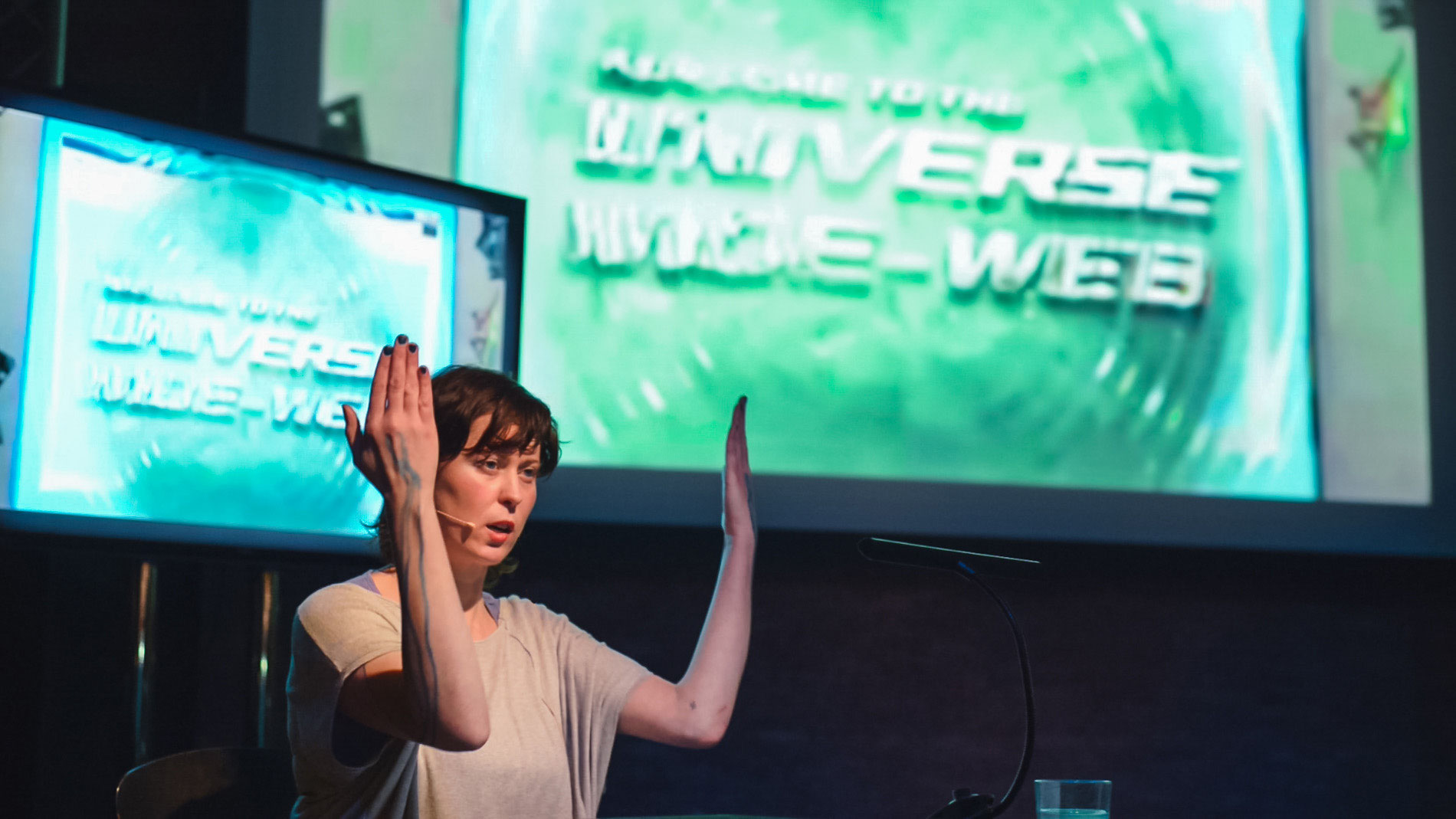
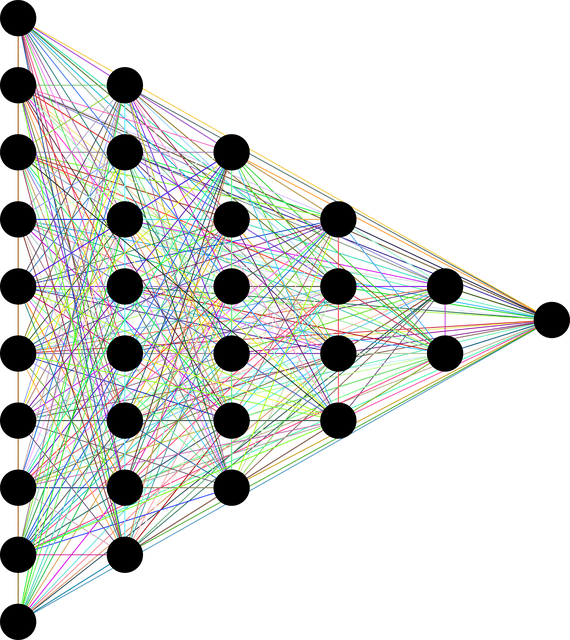
![What to make [electronic] art about in 2022 and beyond?](https://22.piksel.no/wp-content/uploads/sites/12/2022/11/portrait2021-scaled.jpg)
